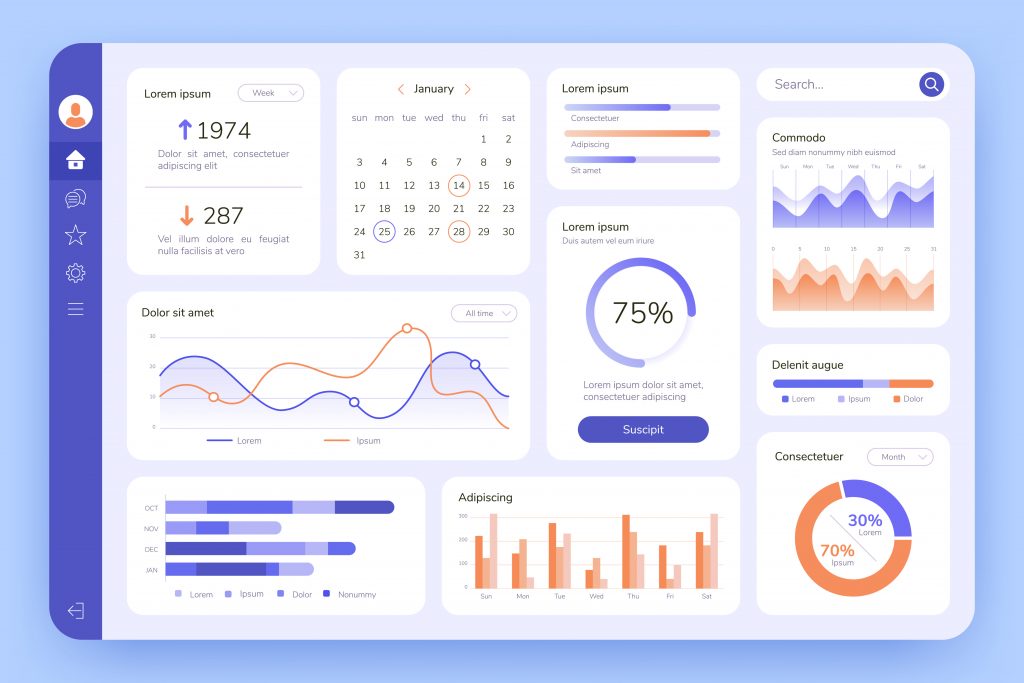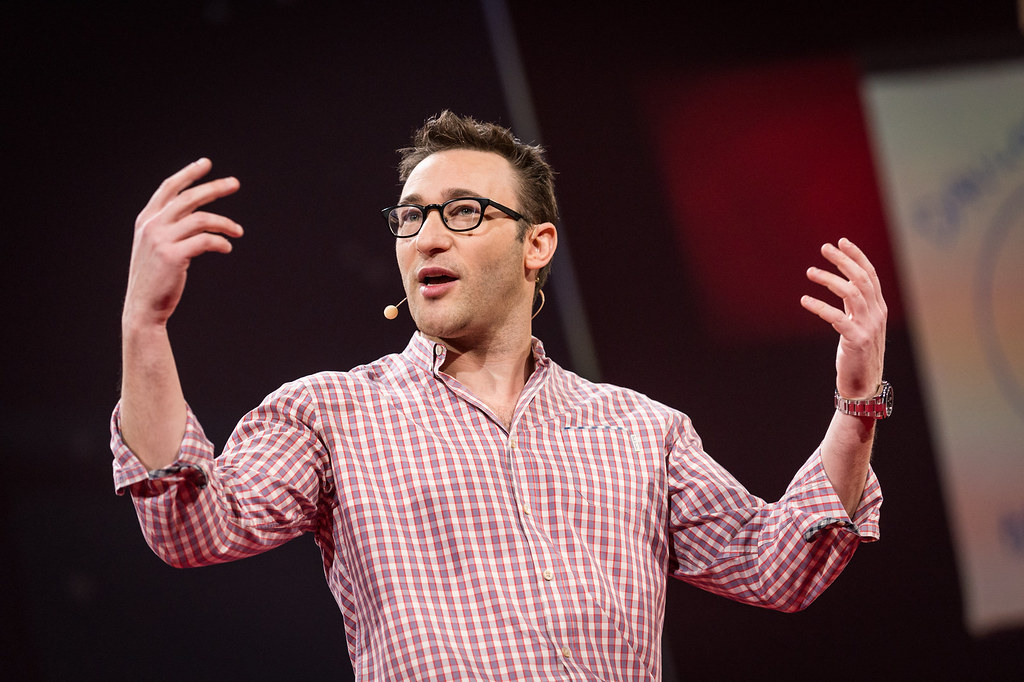Is the labour shortage going to the head of some candidates? As proof, stories of irreverent candidates who want to impose their working conditions or who simply fail to show up for the interview are multiplying on LinkedIn.
This is short-sighted, knowing that many of these candidates’ careers are just beginning, that the economy will go through more cycles in the coming years, and that in many industries, “it’s a small world.”
Here are some missteps to avoid for a candidate concerned with maintaining a reputation above reproach.
- Lack of professionalism
Being “professional” starts with offering a minimum of decorum to the employer who invites you to a virtual interview. And some candidates fail miserably. In a Zenefits survey of 1,000 managers conducted in 2021, 38% criticized candidates for conducting the virtual interview in a location with “excessive noise” and frequent “interruptions. And 10% noted problems with “lateness” or difficulty logging into the platform.
Then, when asked what “frustrated” them most about a candidate, managers unequivocally responded (at 34.4%): unexcused absences or “no-shows,” which is the height of unprofessionalism.
In another 2021 survey, this time conducted by BT Skills, 28% of the 500 recruiters surveyed turned down a candidate due to inadequate décor, and 13% even witnessed a candidate only dressed appropriately on the upper body (!) In the second portion of the survey, 10% of the 500 candidates surveyed confessed to continuing to take incoming calls on their phone during the interview. Although, this is getting close to a lack of civility!
- Forgetting to sell yourself
By coming into an interview overconfident, the first thing the candidate will neglect is their preparation. They will fail to think about the story they want to tell and the profile they want to present to the employer.
He will forget, by the same token, to explain the holes in his CV. This may be normal in a pandemic era. However, 44% of recruiters criticize candidates for poorly explaining a period of unemployment resulting from the start of the pandemic.
- Not being interested in the other person
New generations have a reputation for being full of themselves, thinking they “know it all” and lecturing their predecessors. At the interview stage, candidates have an opportunity to break this image (or myth?) by showing genuine curiosity about the company that wants to hire them.
However, many candidates end the interview without asking any questions about the culture, the nature of the position or other aspects of the company. They miss a golden opportunity to win the hearts and minds of recruiters. In the Zenefits survey, 7% of managers identify a lack of questions as the most frustrating thing a candidate can do.
Ultimately, candidates need to ask themselves what they really want at their core: unfulfilling, transient jobs or a lasting job that will allow them to grow and develop professionally. If they are interested in the second path, they have a double interest in taking an interest in the person they are interviewing and nurturing that budding relationship.




